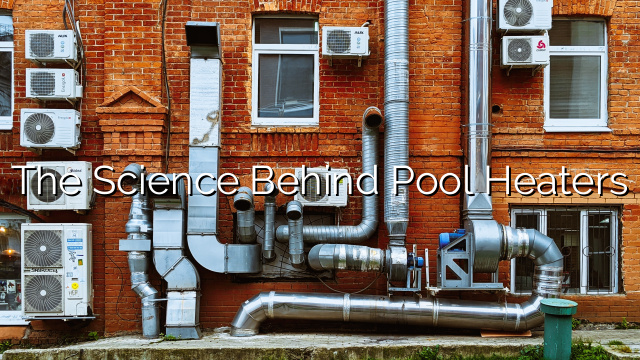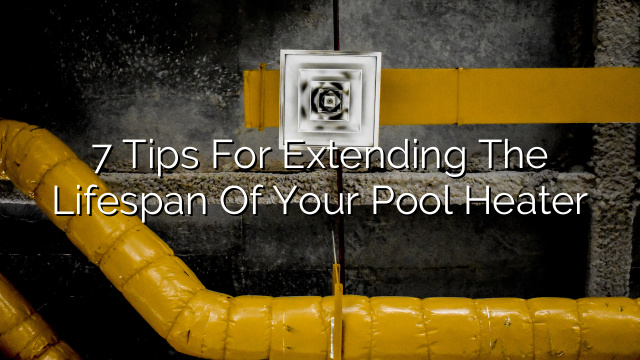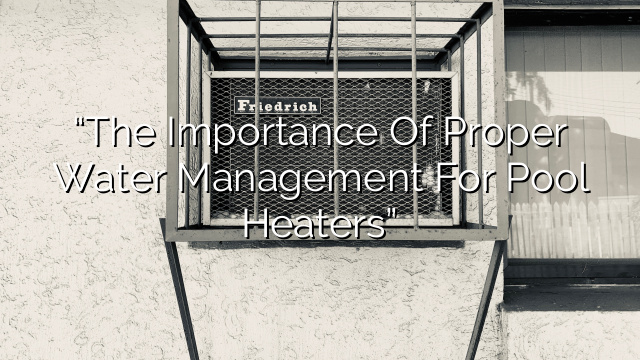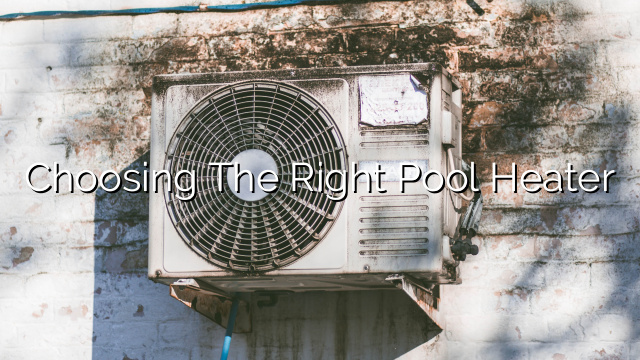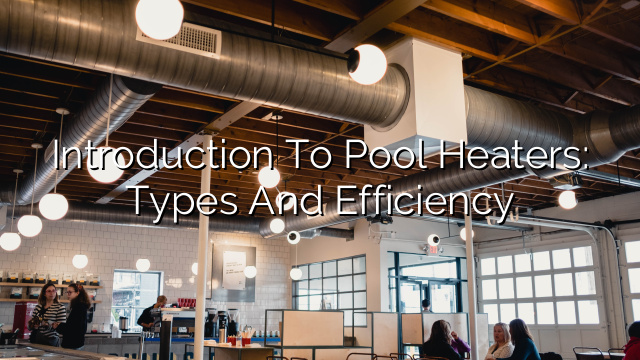The Importance of Pool Heaters
Having a swimming pool can be a great way to enjoy the summer months and spend quality time with family and friends. However, without a pool heater, your pool may only be enjoyable for a limited time. Pool heaters allow you to extend the swimming season and make your pool more comfortable year-round. Understanding the science behind pool heaters can help you choose the right one for your needs and ensure that your pool is always at the perfect temperature.
How Do Pool Heaters Work?
Pool heaters use various methods to warm up the water in your pool, but the most common types are gas heaters, electric heaters, and heat pumps.
- Gas Heaters: Gas heaters use natural gas or propane to generate heat. They work by burning the gas in a combustion chamber, which then heats up either a copper or steel heat exchanger. As the pool water passes through the heat exchanger, it absorbs the heat and returns to the pool.
- Electric Heaters: Electric heaters use electric elements to heat up the pool water. These elements are submerged in the water and use an electric current to generate heat. Electric heaters are relatively easy to install and maintain, but they can be more expensive to operate compared to gas heaters or heat pumps.
- Heat Pumps: Heat pumps use electricity to transfer heat from the surrounding air or ground to warm up the pool water. They work by taking the warm air or ground temperature and evaporating a refrigerant, which then passes through a compressor to increase the temperature. The heated refrigerant then passes through a heat exchanger, transferring the heat to the pool water.
Factors to Consider When Choosing a Pool Heater
When choosing a pool heater, there are several important factors to consider:
- Size of Pool: The size of your pool will determine the heating capacity you need from your pool heater. It is important to choose a heater that is powerful enough to warm up your pool efficiently.
- Climate: The climate in your area will also affect the choice of pool heater. If you live in a colder climate, a more powerful and efficient heater may be required to maintain the desired temperature.
- Energy Efficiency: Pool heaters can consume a significant amount of energy, so choosing an energy-efficient model can help reduce operating costs. Look for heaters with a high energy efficiency rating.
- Budget: The initial purchase cost and installation cost of a pool heater can vary significantly. Consider your budget and find a heater that meets your needs without breaking the bank.
The Benefits of Pool Heaters
Investing in a pool heater can provide several benefits:
- Extended Swimming Season: A pool heater allows you to extend the swimming season beyond the summer months. You can start using your pool earlier in the spring and continue swimming well into the fall.
- Comfort: A pool heater ensures that your pool is always at a comfortable temperature. You can enjoy the pool even on cooler days or during the evenings when the water may be too cold without a heater.
- Increased Property Value: Having a pool heater can increase the value of your property. It makes your pool more appealing to potential buyers, especially in areas with cooler climates where a pool heater is considered a desirable feature.
- Relaxation and Stress Relief: Swimming is known to have many benefits for physical and mental health. With a pool heater, you can take a relaxing swim whenever you need it, providing a great source of stress relief.
Maintaining Your Pool Heater
To ensure the longevity and efficiency of your pool heater, regular maintenance is essential. Here are some tips to help you maintain your pool heater:
- Keep it clean: Regularly clean the filter and remove any debris or buildup in and around the pool heater. This will help maintain proper airflow and prevent damage to the system.
- Check for leaks: Inspect the pool heater regularly for any signs of leaks. If you notice any leaks, repair them immediately to prevent further damage.
- Schedule professional maintenance: It is recommended to have a professional inspect and service your pool heater at least once a year. They can identify any potential issues and ensure that your heater is working efficiently.
In Conclusion
Understanding the

